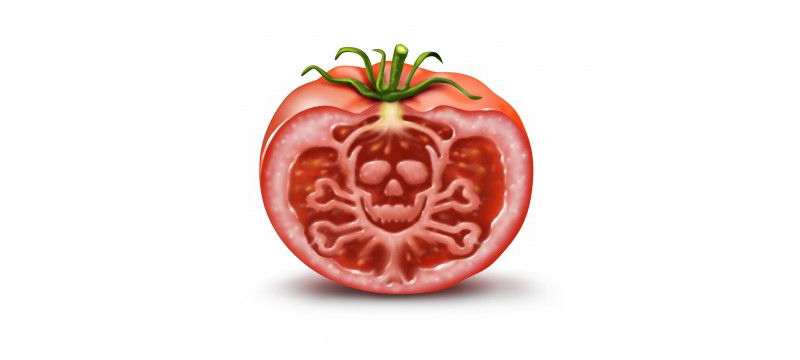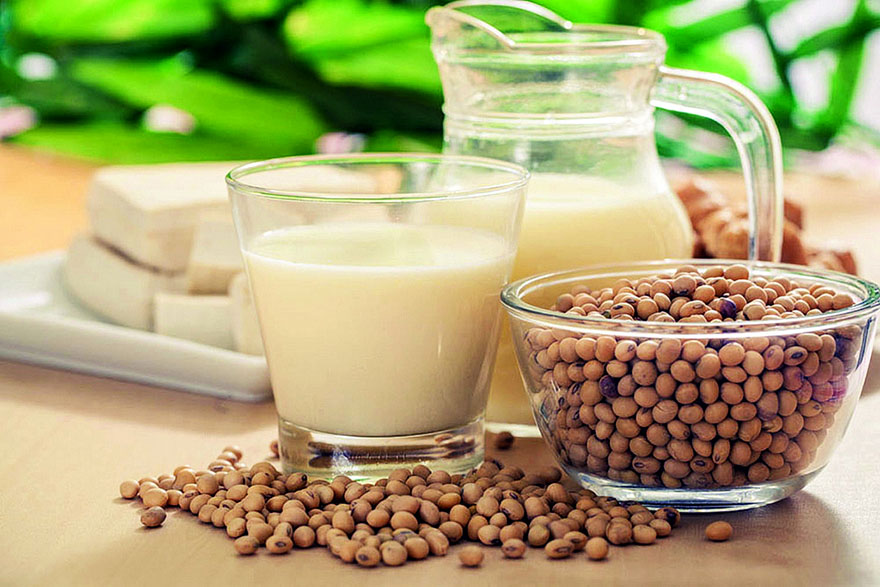Microbiome and Gut Bacteria Made Simple
Your microbiome, or ‘gut flora,’ (microorganisms such as bacteria, parasites and fungi) is solely governed by what you eat. If you, for example, stop eating harmful fiber and starches (carbohydrates,) the bacteria that feed off it will die and be replaced by other bacteria that enjoy what you are now eating. The only reason you have a specific strain of bacteria is because that strain is taking advantage of what you are feeding them […]
Microbiome and Gut Bacteria Made Simple Read the Full Article »



